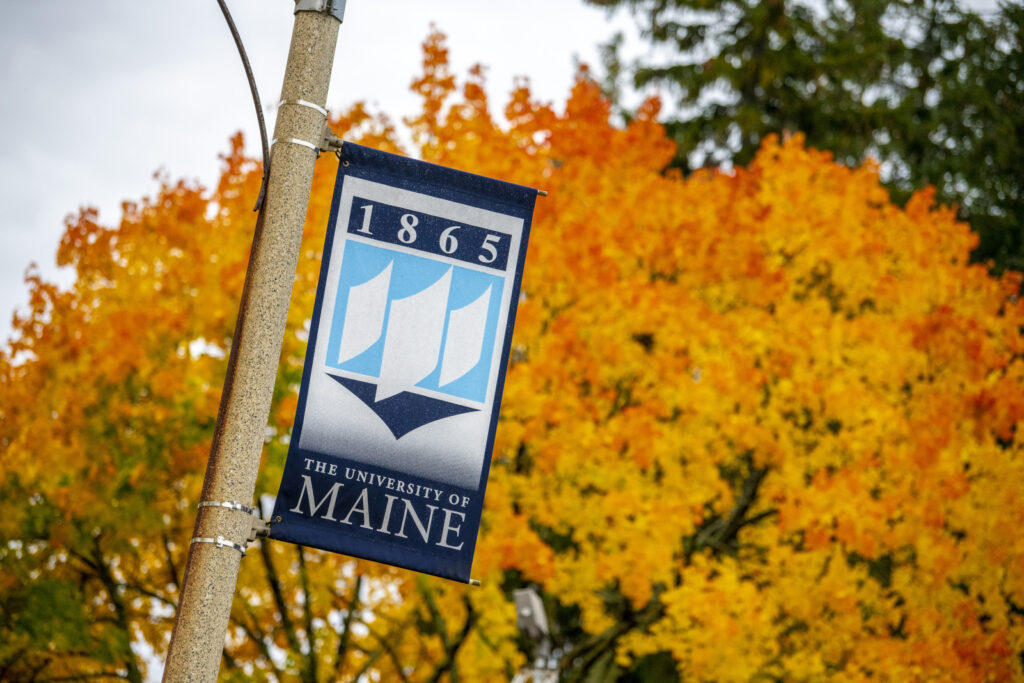
Resources, policies, and forms
Office of Community Standards, Rights, and Responsibilities
College is a time of experiencing new freedoms and responsibilities. One responsibility as a university student is to know all of the policies found in the Student Handbook. One of the freedoms is to have new options and to make choices, including whether or not to follow University policies. But for each choice you make, you need to be ready to take personal responsibility for its consequences. This resource page was prepared to help answer questions about the Office of Community Standards, Rights, and Responsibilities.
Information for Attorneys/Advisors
While attorney’s have in depth understanding of the American legal system, there are some differences between the legal system they know and the student conduct process. These differences are outlined here along with informative court cases that inform our understanding of the student conduct process.
The student conduct process promotes learning and student development by adjudicating alleged student misconduct; contributes to the educational mission and core values of the university community through adjudication of the Student Conduct Code; and assures standards of acceptable behavior that protects students’ health, safety, welfare, and property. Unlike the criminal justice system, the worst consequence a student may face from a campus student conduct process is not incarceration, but rather that they would no longer be able to attend the institution.
The student conduct process is not comparable to a court of law, criminal proceeding or civil proceeding and therefore the role of the attorney is also dissimilar. The role of the attorney/advisor is one of a friendly observer. This friendly observer is not an active participant and may not participate in the hearing. They can attend the hearing as a support to the student and can guide or advise the student on what questions to ask or answer during their university hearing.
Attorneys or advisers assisting students as they navigate the student conduct process are encouraged to familiarize themselves with the Student Conduct Code . This document describes in detail, the scope of the code of conduct, procedures, prohibited conduct, and possible sanctions.
Foundations of a Campus Disciplinary Process
Courts have consistently delineated the right of academic communities to discipline students for behavior that violations the Student Conduct Code, independent of any criminal process and regardless of the outcome of any criminal investigation.
The courts have also determined and defined the differences in due process between an educational institution and a criminal system, as follows:
“… the attempted analogy if student discipline to criminal proceedings against juveniles and adults is not sound. The nature and proceedings of the (campus) disciplinary process… should not be required to conform to the federal processes of criminal law, which are far from perfect, and designed for circumstances and ends unrelated to the academic community. By a judicial manage to impose on the academic community and student discipline the intricate, time-consuming, sophisticated procedures, rules, and safeguards of criminal law would frustrate the teaching process and render the institutional control impotent.”
44 F.R.D. (142) (W.D. Mo.)
General Order on Judicial Standards of Procedures and Substance of Student Discipline in Tax-Supported Institutions of Education
A number of landmark cases have helped establish the basic rules and standards of due process required in university disciplinary processes.
Some of the information here was taken from an article written by Tamara King, J.D. and Benjamin White, J.D. called “An Attorney’s Role in the Conduct Process.” This was published and distributed by Association for Student Conduct Administration (ASCA).
Frequently Asked Questions for Attorneys and Advisors
Resources for Parents, Guardians, and Students’ Families
The Office of Community Standards, Rights, and Responsibilities makes every effort to outreach to our students in a variety of ways before issues arise to the level of going through the conduct process. Though we try our best, inevitably some situations will require us to contact a parent or guardian for disciplinary reasons. We try to be as open as possible with students and their families so that we can be educational in correcting disruptive behavior(s).
In order for us to be able to effectively communicate with a student’s family they will need to have a FERPA waiver on file. The Student Records website contains more information about FERPA, as well as the Student Information Release Form which you and your student will need to complete for us to talk with you about their disciplinary history.
Our staff and hearing officers may assign “Parental Notification” when the outcome of a case is reached. A parental notification can occur in one of four ways:
- We may have the student call you during the meeting so you can be involved in the conversation
- A staff member might call you after meeting with your student to update you on the conversation and answer any questions you may have
- You might receive email notification of the students case history – this could either be the outcome letter or a separate parental notification letter
- A hard copy letter might be “snail” mailed to you if there is no email on file
- We would ask the student to contact you and explain the situation from their perspective and have you either call or email the hearing officer to answer any follow up questions
The Office of Community Standards, Rights, and Responsibilities staff also rely on parents, guardians, and families to let us know if their student needs additional support throughout the year. A parent, guardian, or family member can always reach out to our staff at communitystandards@maine.edu or call 207.581.1406.
Any students brought to our attention will be met with and referred to the appropriate campus resources to ensure they have the greatest chance at success while at UMaine.
For more information about students needing extra support please see our Concerning Behaviors page.
